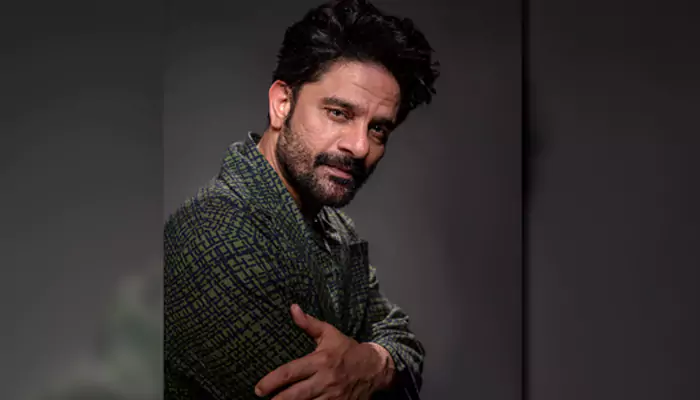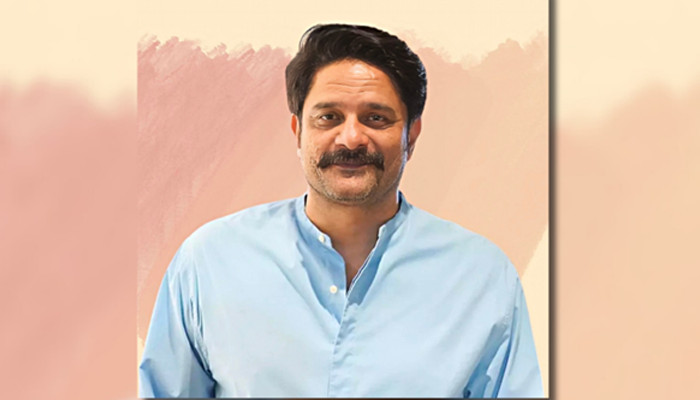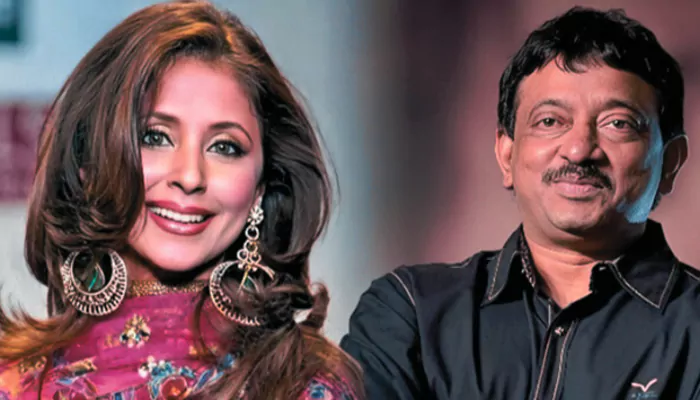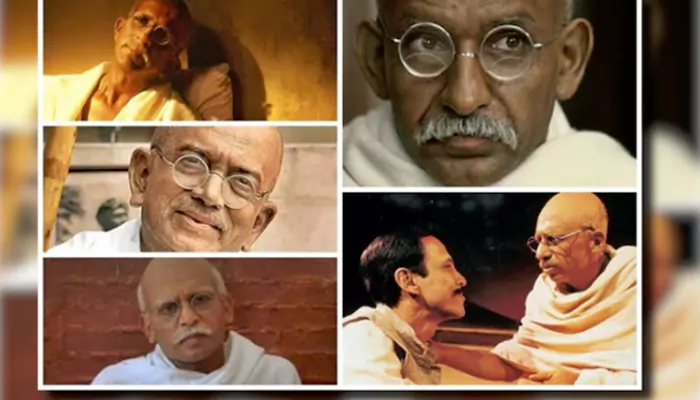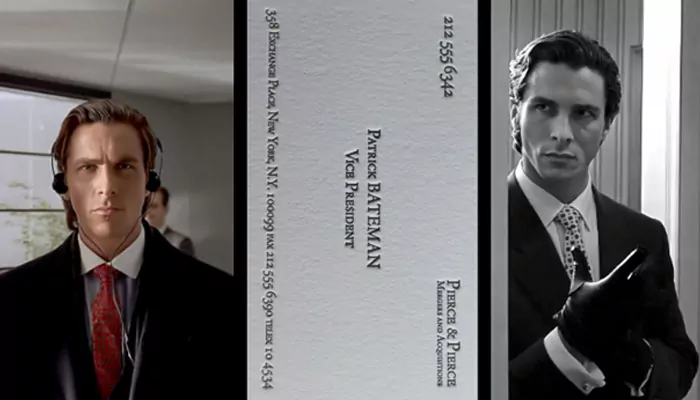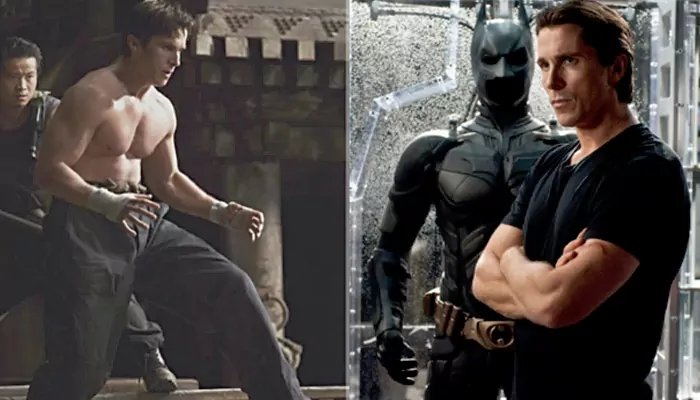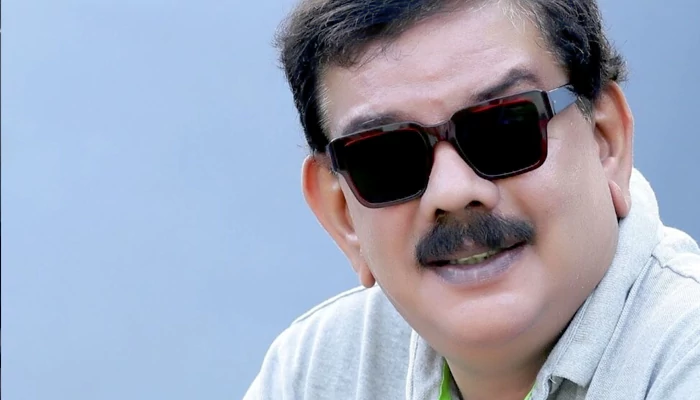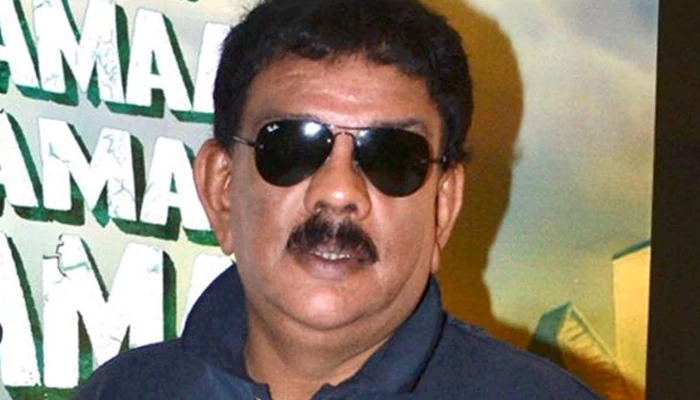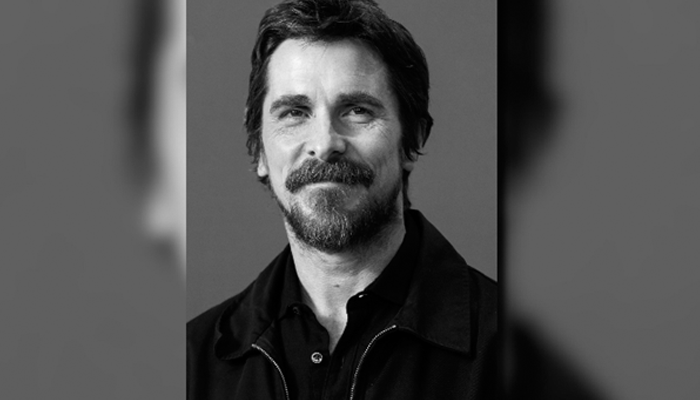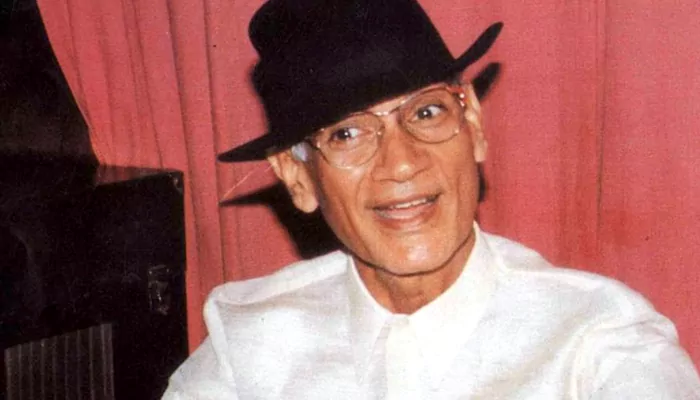Remembering Guru Dutt: The Death Anniversary of India’s Cinematic Poet Who Painted Melancholy in Frames
- Admin
- 3 months ago
- 3 minutes read
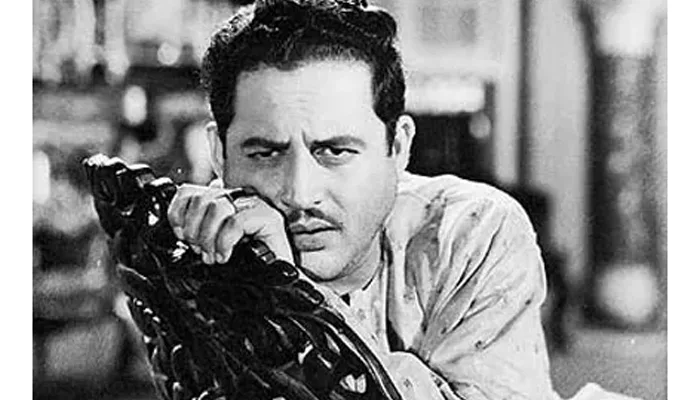
Revisiting the haunting beauty of a filmmaker who turned sorrow into timeless cinema.
A Life that Burned Briefly, but Brightly
Guru Dutt’s name is whispered with a mix of admiration and ache. Born in 1925, he lived only 39 years, yet his films remain among the most stirring works in Indian cinema. His artistry was shaped not by grandeur, but by sensitivity. Every frame felt like a painting, every silence like an unsaid poem. On his death anniversary, he is remembered not only as a filmmaker but also as a visionary who transformed loneliness into a form of art.
The Poet of the Camera
Guru Dutt was more than a director. He was a poet whose pen was the camera. His films revealed the sadness hidden beneath celebration, the cracks beneath glitter. Close-ups of trembling eyes, light falling like memory across a face, songs that carried the weight of unshed tears — this was his language. He believed cinema could reflect the soul. His work still teaches us that stories are not only told in words, but in glances and shadows.

Pyaasa: A Cry Against Indifference
When Pyaasa was released in 1957, it felt like a personal confession. The film spoke of a poet forgotten by society, wandering through rejection and betrayal. Songs like “Yeh Duniya Agar Mil Bhi Jaaye To Kya Hai” cut across generations, reminding us of the emptiness that often lies beneath worldly success. Pyaasa was not just a film, it was Guru Dutt holding a mirror to humanity’s apathy. It remains one of the most profound works of Indian cinema.

Kaagaz Ke Phool: A Film Ahead of Its Time
In 1959, came Kaagaz Ke Phool, a film that was misunderstood at the time but is revered today. It told the story of a filmmaker destroyed by fame, loneliness, and fleeting love. Shot in stark black and white, it carried haunting images of decay and silence. The film was a reflection of Dutt’s own struggles, blurring the lines between his art and his life. Though a failure at release, it is now considered a masterpiece that captured the fragility of human dreams.

Shadows of a Troubled Life
Behind his brilliance was a man weighed down by inner conflict. His marriage to singer Geeta Dutt was troubled, and his personal life often reflected the melancholy of his films. Friends recall him as gentle yet restless, always seeking perfection, always questioning himself. His untimely death in 1964 left many questions unanswered. Was it accident or choice? Perhaps we will never know. What we do know is that his sorrow gave birth to unforgettable beauty.
An Eternal Influence
More than six decades later, Guru Dutt’s influence has not dimmed. His films are screened at festivals, restored for new audiences, and studied by film students worldwide. Filmmakers like Mani Ratnam and Sanjay Leela Bhansali, among others, have carried the shades of his visual grammar. The antihero he portrayed, the romantic cynic he shaped, remain familiar figures in cinema even today. He was not creating for his time alone. He was creating for eternity.

